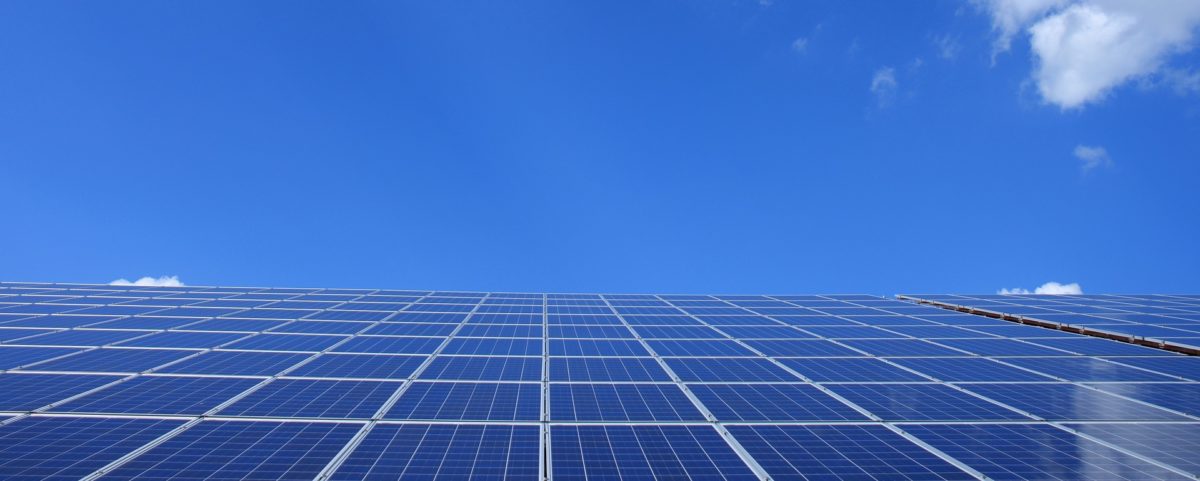By David Toke
The natural gas industry has scored a success in persuading the Environmental Audit Committee to back its plans for using hydrogen to substitute for natural gas in domestic heating. But this spells disaster! Even if the hydrogen came from renewable energy this would still be a colossal waste of renewable energy resources. But the reality is much worse!
The Chairman of the House of Commons Environmental Audit Committee Philip Dunne has written to the Energy Minister Alok Sharma to say that ‘Witnesses also told us of the potential for hydrogen to form part of the solution for decarbonising domestic heating and it is important that the (hydrogen) strategy provides a clear steer on the role of hydrogen in this sector’. Well the only steer we need is one that is well away from using hydrogen to supply domestic heating!
The gas industry hopes to save its business by extolling the alleged virtues of converting gas heating to supply by ‘blue’ hydrogen. This blue hydrogen production would be done using natural gas to produce the hydrogen whilst capturing and storing carbon dioxide produced in the process. But this is a facade that will delay and probably permanently disable transition to a sustainable clean energy economy.
Blue hydrogen is not a substitute for energy from renewable energy. Even if the hydrogen was sourced from renewable energy (and not much of it will be) the result would be a grandiose waste of renewable energy. This is because using hydrogen from renewable energy to heat buildings is around four times less energy efficient compared to using heat pumps (using renewable electricity) to supply heating in buildings.
The gas industry’s plan is to start off with blue hydrogen, after which at an unspecified period this would be replaced by green hydrogen generated from renewable energy like wind or solar. There are three big reasons why hydrogen in general is a bad choice for our heating networks.
First, carbon capture, in the blue hydrogen production process, is unlikely to be close enough to 100 per cent because carbon extraction processes become more and more expensive the higher the proportion of carbon is captured (over 85 per cent).
In practice, of course, the carbon capture will probably not even be 85% as the gas industry seeks to produce hydrogen at a low commercial costs and tries to absorb the many infrastructural costs of changing the system to hydrogen. These are rather greater than the gas industry is letting on at the moment since hydrogen will need to be distributed differently compared to natural gas at present.
Second, such a programme will provide support for a continued fossil fuel industry (including unabated methane leakage from extraction activities). The blue hydrogen production will be used to cross-subsidise production of unabated natural gas that will be sold to other countries or sectors. There is then the issue of monitoring and accountability over the extent to which the carbon is stored in a sustainable fashion. These are likely to be lacking.
A third reason why ‘blue hydrogen’ is bad is that using ‘blue’ hydrogen, in as much as it succeeds in paving the way for supply of renewable hydrogen, will lock in a huge wastage of renewable energy compared to using this renewable energy much more efficiently.
On the one hand the electrolysis process by which renewable energy is converted to hydrogen is only 80 per cent efficient. That is bad enough since using renewable electricity to supply heating would not involve these losses. However things get a lot lot worse when you realise that the best way of suppling heating in efficiency terms is through electrically powered heat pumps. These use the renewable energy input some 3-4 times more efficiently to produce the same heat compared to heating by ‘green’ (renewable) hydrogen. We need also to maximise the energy efficiency of the housing stock as well – another thing that the gas industry won’t be emphasising too much.
We’re going to need a lot of offshore windfarms and solar farms already, so using renewable hydrogen when you could be using heat pumps supplied by renewable energy in energy efficient buildings is a big, big waste of renewable energy.
We ought to focus on electrifying the heating system, not locking it in to hydrogen. New build properties can be built to maximise energy efficiency and using heat pumps to supply what should be a much-reduced need for heating services. Existing buildings can be heated with district heating supplied by large scale heat pumps, or at worst converted to electricity-only heating, or preferably fitted with heat pumps.
Hydrogen has its purposes, – in some specialised industrial purposes and maybe for powering shipping, but heating buildings is not a good purpose. It can be converted into ammonia to store renewable energy for long periods. But NOT for domestic heating! So all those green anti-nuclear activists who have for many years been thinking that hydrogen is a good way of using renewable electricity for heating should be careful in their enthusiasm for hydrogen.
Far from helping towards a renewable energy economy they may actually be inadvertently promoting demands for nuclear power since they will be increasing the need for non-fossil fuels to supply all the hydrogen needed for the heating sector. Green energy involves energy efficiency as well as green energy supply, and blue and even green hydrogen should be ruled out as a means of heating buildings.
So, please write to Philip Dunne asking him not to be swayed by the powerful voices of the fossil fuel industry!
Hear more about a genuinely sustainable energy strategy that isn’t destroyed by the priorities of the energy establishment at our free webinar on December 3rd about how Scotland can achieve the supply of ALL energy (not just electricity) from renewables

8 thoughts on “Alarm! Politicians are being hoodwinked by the gas industry to back blue hydrogen for domestic heating”